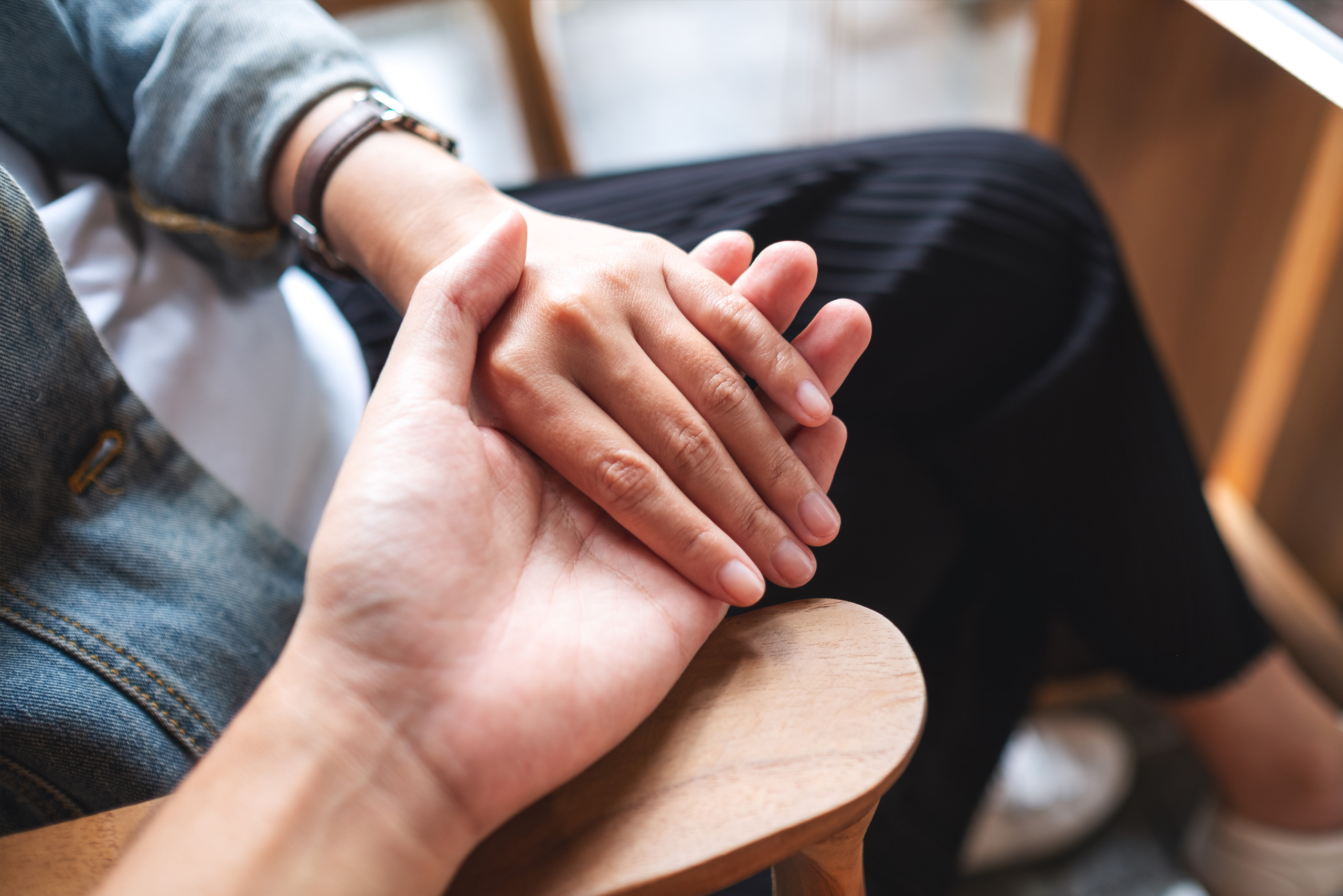

Everyone has been hurt by words or actions of others. In many cases, these words or actions hurt so deeply because offenders are usually people we love and to whom we are close. It could be a spouse or partner, a family member, a friend. It could be someone we hold in high esteem, such as in leadership authority, or someone we are in constant contact with, such as a work colleague. It could also be people near us such as our neighbors.
For many people, hurt and pain from the words or actions of others can lead to deep rooted resentment, bitterness, and anger. If unchecked, resentment can lead to hatred.
Unforgiveness cuts deep into our soul. Unforgiveness is like choosing to stay trapped in a jail cell of bitterness, serving time for someone else’s crime1. If you hold on to the pain, you might end up being the prisoner and suffering more pain. The scar of unforgiveness can fester and lead to more problems that manifest emotionally, physically, and mentally.
Forgiveness is a personal choice, a decision from our core being to act contrary to the instinct to be vindictive and choose peace instead. By choosing to forgive, you allow yourself to experience inner peace, to heal and to move on with your life.
Your decision to forgive others does not erase the hurts caused you. It also does not mean you have to make up with the offender or minimize the pain from the experience. Rather, forgiveness helps create a new narrative of the past hurts. Forgiveness helps you see the offender in a positive light and changes your reactions to those painful memories.
Forgiveness is a crucial ingredient for every healthy and lasting relationship. It is a powerful tool that can heal relationships and bring you closer to your spouse or partner, friends, family and the people you encounter daily. Understanding the benefits of forgiveness may help you find the motivation to forgive.
Forgiveness is a choice. It takes daily practice. Forgiveness is also a process. The following steps might help you move toward forgiveness:
Forgiveness can be difficult when the offender is not taking responsibility for the behavior. Remember, you have no control over someone else’s behavior and getting others to change is not the reason for forgiving. Forgiveness is about you. Think of forgiveness as an empowering tool, which fosters your peace, happiness, physical, emotional, and mental wellness, and spiritual healing.
I look forward to seeing you in the session!
© 2025 Calgary Couples Counselling Centre Inc. | Web by KP Design | COVID Policies | PRIVACY POLICY